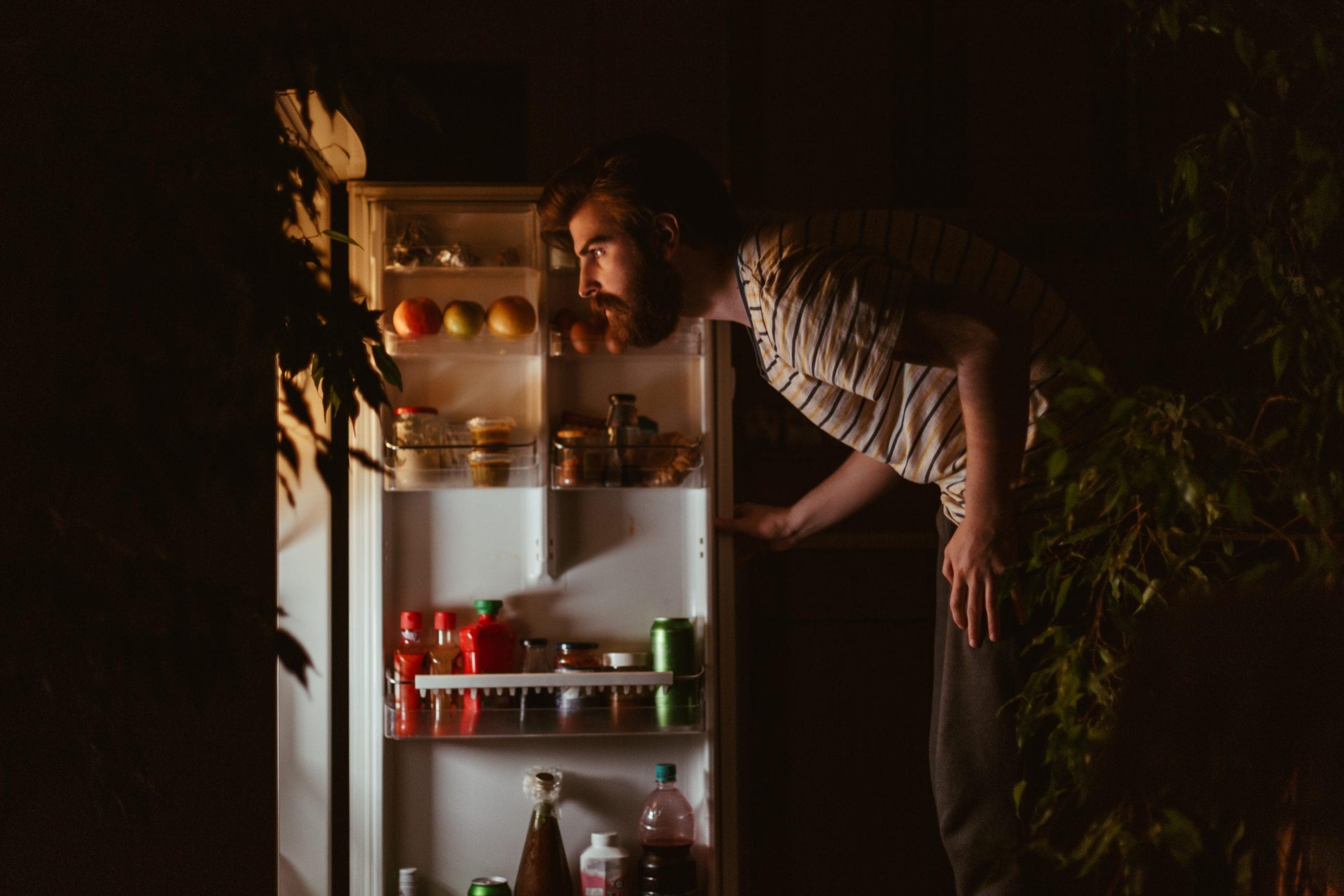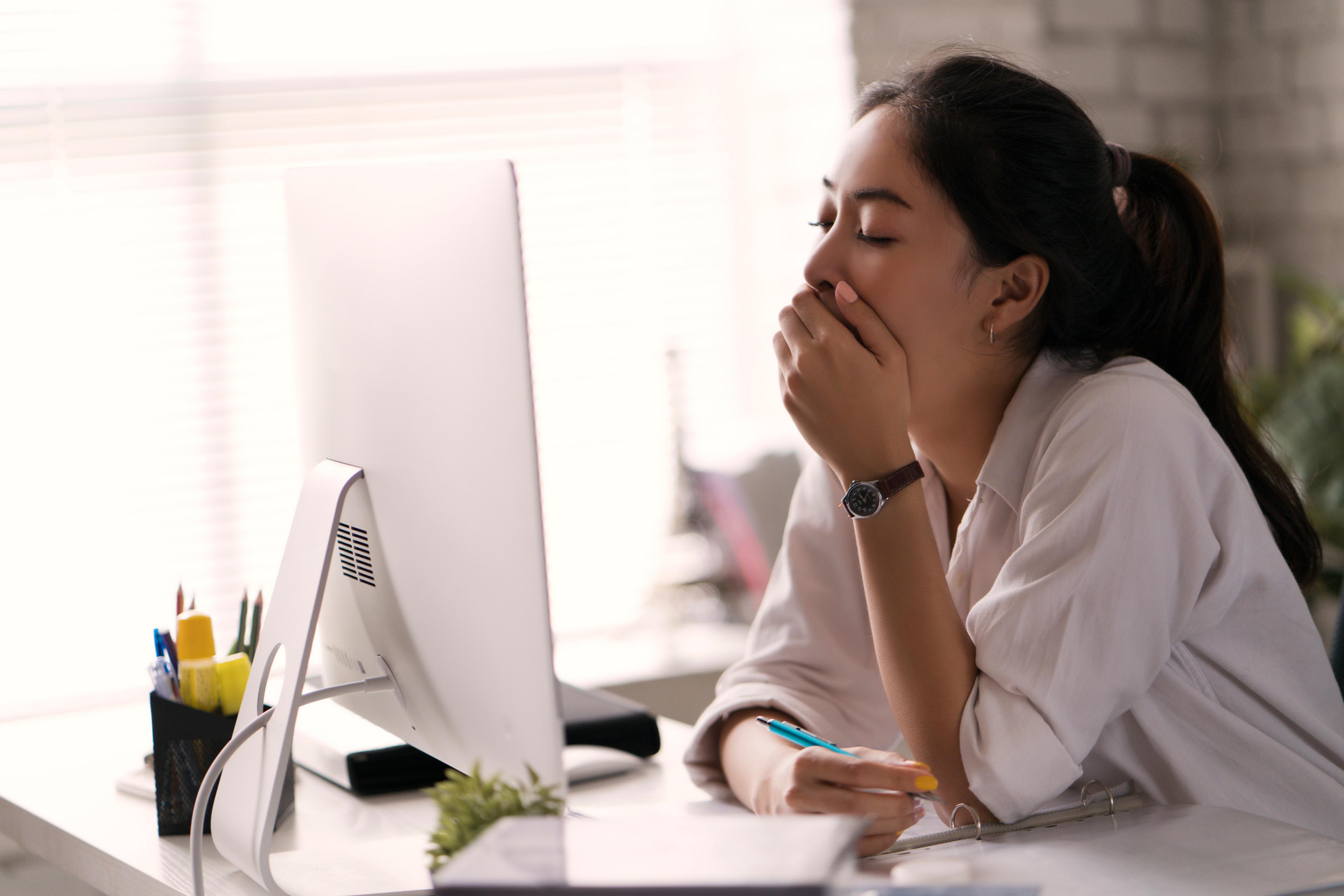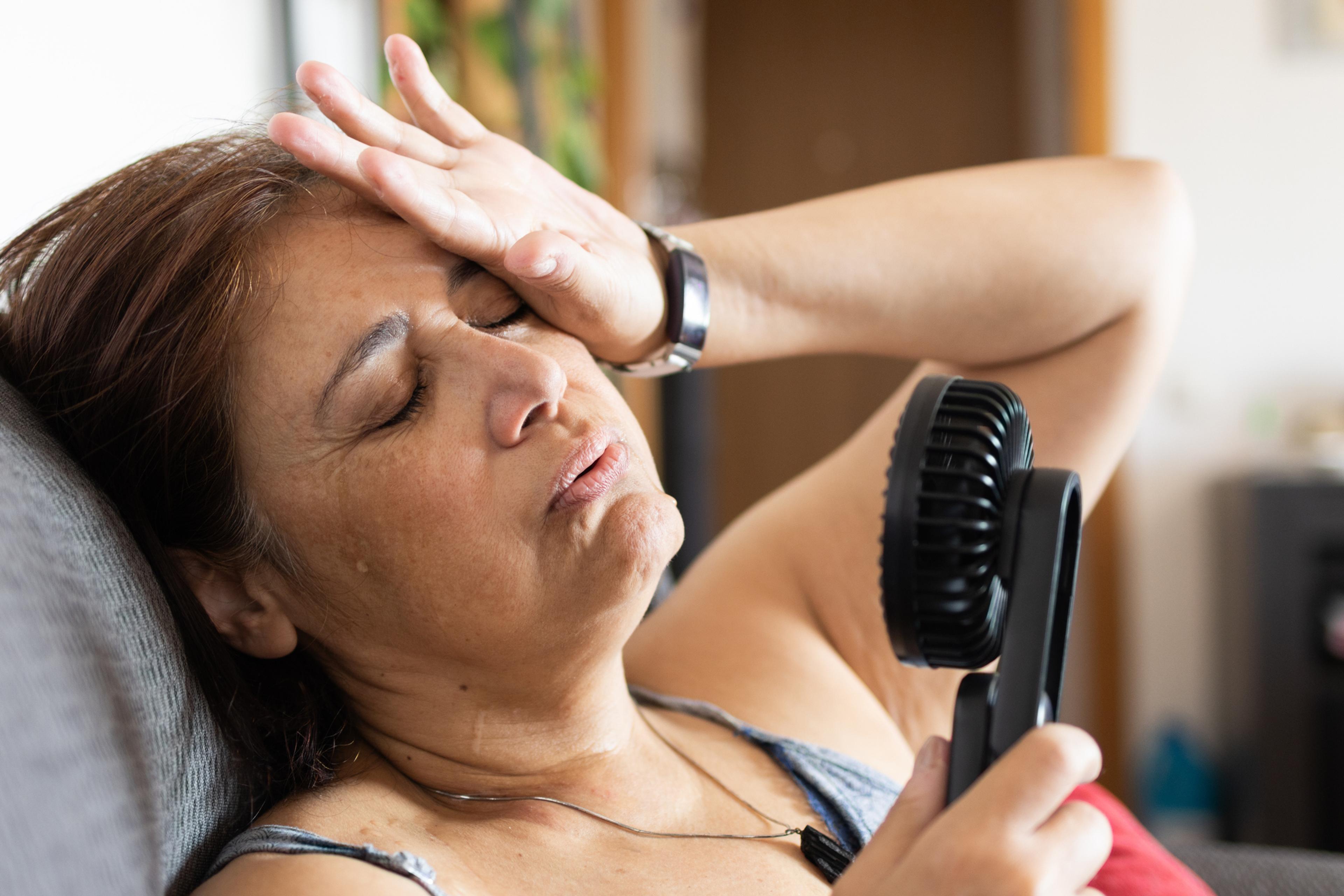Emotional Eating on the Rise During the Pandemic
Amy Barczy
| 3 min read
Amy Barczy is a former brand journalist who authored...

During our weakest, most stressful moments, many of us find ourselves staring into the fridge or pantry for comfort. Emotional eating is a common coping mechanism in response to many different environmental factors: 38% of adults admit to overeating or eating unhealthy foods due to stress. But it’s not only stress that can cause emotional eating. It can happen when you’re facing a difficult problem, lonely, angry, afraid, sad or simply bored. With the COVID-19 pandemic, many of us are experiencing additional stress and anxiety on top of the stresses of everyday life. As a result, 47% of adults say they’re eating more.

It’s important to be aware of this because emotional eating can lead to other unhealthy habits, throwing off your balanced diet. Using food to suppress or calm negative emotions is a temporary, short-term solution that does little to address the actual problem you’re facing – and can add to your stress over time.
Know Your Triggers
Starting a food diary that details your emotions, what you ate, how much you ate and how hungry you are will help you begin to connect the dots between your mood and food. You may be using food to unwind after a stressful day or as a distraction from relational conflict or other stressors. Help yourself address the problem of emotional eating by taking some simple steps when cravings hit:
- Check your hunger level before indulging in a snack
- Eat regular, balanced meals full of fiber and protein to sustain your feeling of “fullness” and enjoy the occasional treat so you don’t feel deprived
- Make sure to keep healthy snacks like fresh fruit, vegetables and low-fat dip, nuts or popcorn on hand
- Stop stocking your home with irresistible, less-healthy processed foods to remove temptation
Use Distractions Other than Food
Instead of turning to a bag of chips or chocolate bar, try using a different distraction when the urge to eat strikes you. These strategies can help lower your stress level as well:
- Call a close friend or family member
- Practice yoga
- Listen to music or dance to a favorite song
- Take time to meditate
- Step outside for some fresh air
- Take a short walk
Seek Help for Deeper Problems
As you confront your emotional eating habits, setbacks are natural and provide an opportunity to learn from mistakes. But if you’re still finding it difficult to tackle your emotional eating, it may be time to talk to a mental health professional to get to the root of the issue that’s driving you to overindulge. Therapists, including psychologists and clinical licensed social workers, can help expose negative or unproductive thought patterns that may be working against you and can help teach you more empowering ways of thinking.
See All Your Options
If you’re interested in exploring all the mental and behavioral health resources that Blue Cross Blue Shield of Michigan offers, visit bcbsm.com/mentalhealth. Related:
- COVID-19: What You Need to Know
- Your Responsibility if Exposed to COVID-19
- The Difference Between COVID-19 and the Flu
Photo credit: domoyega





